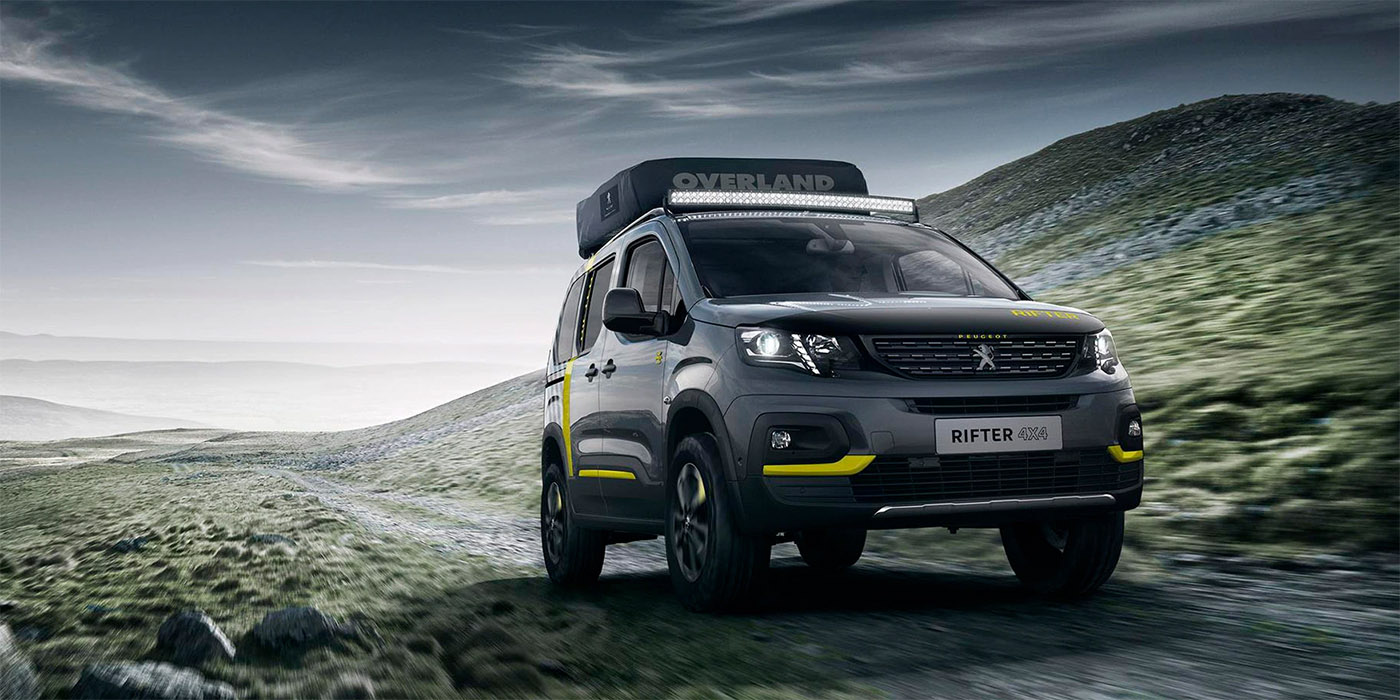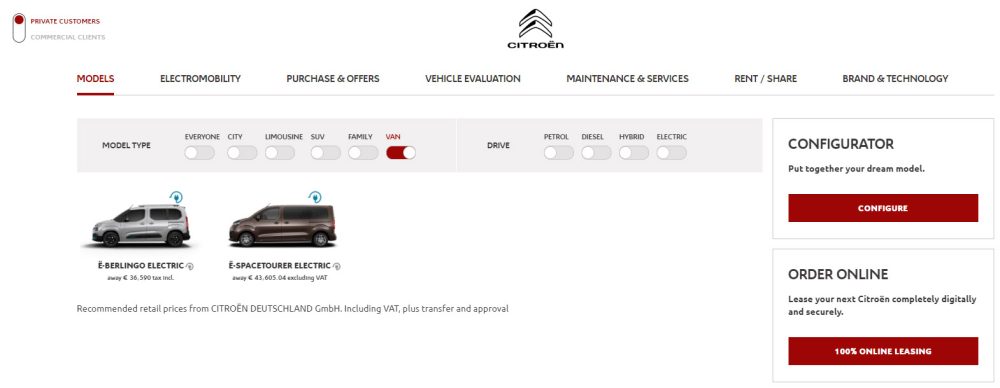
Just days after revealing the new Chrysler Airflow Concept electric crossover at CES and promising to go 100% electric by 2028, Stellantis began to take steps toward meeting that goal by reducing the engine options for its European Citroën Berlingo, Opel Combo Life, and Peugeot Rifter models down to one. And it’s electric!
In three separate press releases (one for each brand), Stellantis announced that it had removed both the 1.2 PureTech (gas) and 1.5 Blue HDi (diesel) engines from the consumer-facing options sheets of its compact people-mover in most European markets.
“Electrification is a particularly sensitive issue for the future of the MPV segments,” reads the Citroën press release. “Their silhouette and their weight lead them to consume more fuel, as gas prices continue to rise. This situation will rapidly reduce the relevance of gasoline or diesel offerings for these models.”
As for the electric vans themselves, the ë-Berlingo (which I’ll keep using as a stand-in for all three, nearly identical models) offers the same interior volume and people-hauling capabilities as the ICE versions. Its 136 hp electric motor “offers a smooth start thanks to immediately available torque” and a top speed of 130 kph (about 80 mph).
As with all EVs, the ride is smooth and silent, with zero tailpipe emissions – an increasingly important feature as more and more major world governments begin to enact internal combustion bans in their city centers. The van’s 50 kWh lithium-ion battery is good for a claimed 280 km of range (just over 170 miles), and Stellantis claims it can be recharged up to 80% capacity in just 30 minutes on a 100kW charger.
Commercial customers will still be able to order the gas or diesel versions in cargo/utility configurations, visible in the “commercial” section of the companies’ websites.

Electrek’s Take
For a company with a CEO who claims it can’t make electric vehicles profitably, Stellantis certainly seems to take the move to electric propulsion seriously, as evidenced by the will to bin an internal combustion engine as new – and as awarded – as the PureTech. The company will have to take it seriously, too, if they ever want to catch up to Ford, GM, or even Honda and Toyota (who had similarly slow starts).
Asking Stellantis to catch up to Tesla, however, seems an impossible task from where I sit. Here’s hoping, for their sake, I’m wrong.
Source: Stellantis, via Citroën; Image: 2018 Peugeot Rifter 4x4 Overland concept.
FTC: We use income earning auto affiliate links. More.

Comments